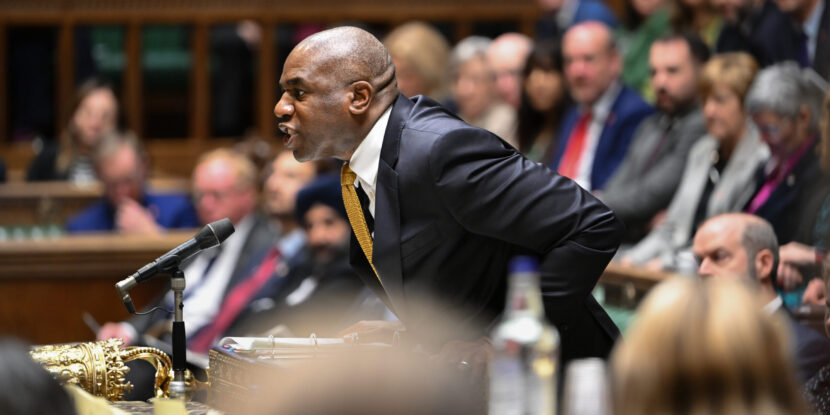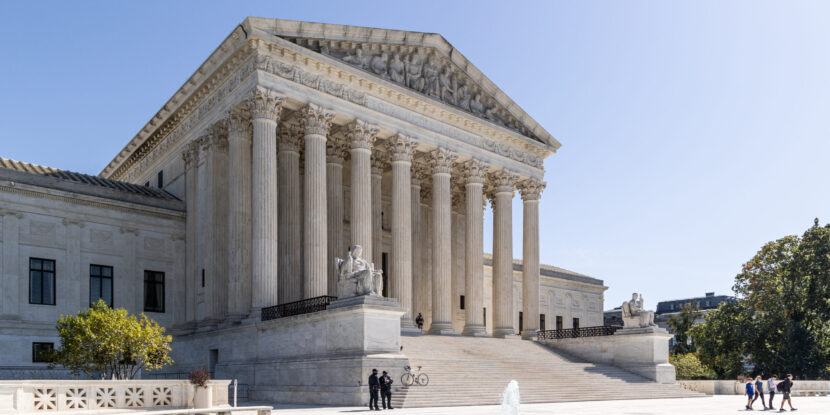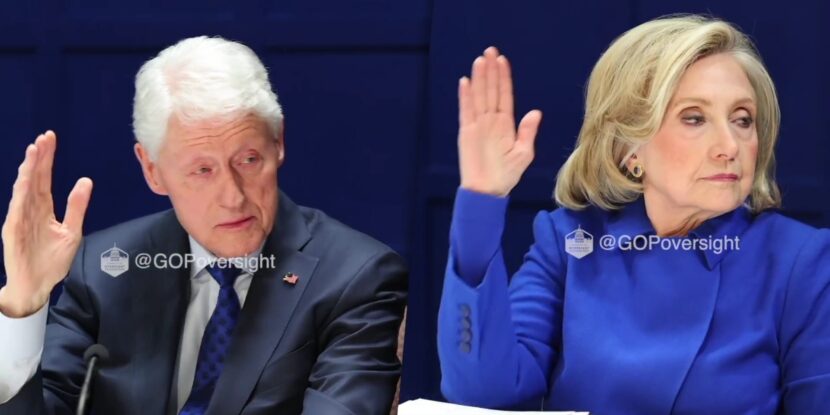❓WHAT HAPPENED: Deputy Prime Minister David Lammy is proposing that judges hear cases alone for crimes that could result in a sentence of up to five years to tackle court case backlogs.
👤WHO WAS INVOLVED: David Lammy, the Lord Chancellor, Deputy Prime Minister, and Justice Secretary, and senior criminal justice figures.
📍WHEN & WHERE: The proposal was outlined in a memo dated November 2025, targeting the Crown Courts in England and Wales.
💬KEY QUOTE: “A co-ordinated campaign against public justice.” – Riel Karmy-Jones KC
🎯IMPACT: The proposal could lead to a significant reduction in jury trials, undermining hundreds of years of legal tradition.
Britain’s Deputy Prime Minister, Lord Chancellor, and Justice Secretary, David Lammy, has proposed a major overhaul of criminal trials in England and Wales by allowing judges to hear many cases without juries. Under his plan, offences carrying sentences of up to five years would no longer automatically be tried before a jury. In a memo, Lammy argued that there is “no right” to a jury trial in the United Kingdom and suggested reserving juries for only the gravest offences, including murder, rape, manslaughter, and cases deemed to be of particular public importance.
The proposal is aimed at addressing the severe backlog in the Crown Courts, where roughly 78,000 cases remain unresolved. Lammy insists that significant changes are needed to speed up the wheels of justice, but the idea has drawn immediate and sharp criticism. Senior legal figures warn the move would represent “the biggest assault on our system of liberty in 800 years,” with some suggesting that removing juries could pave the way for so-called “Star Chamber” justice conducted with reduced transparency.
Riel Karmy-Jones KC, chair of the Criminal Bar Association, denounced the proposal as “a coordinated campaign against public justice,” arguing that delays in the courts stem from years of “systematic underfunding and neglect,” not from the use of juries.
The debate carries particular weight because trial by jury has been a defining feature of English justice for centuries. Its origins trace back to at least the reforms of Henry II in the 12th century, and its role was strengthened by the Magna Carta in 1215, which laid the groundwork for the principle that individuals should be judged by their peers. Although jury rights have evolved over time, the system has remained a central safeguard against state overreach for more than 800 years.
The Ministry of Justice has stated that no final decisions have been made about the future of juries, but maintains that “bold actions” are necessary to relieve the current crisis.
The controversy comes amid broader concerns about fairness and consistency in the British justice system. Recent guidance instructing courts to prioritise bail for ethnic minority defendants, women, and transgenders fuelled accusations of a developing “two-tier” system.
Simultaneously, pressure on prison capacity, with only a small number of cells reportedly available, has intensified scrutiny of who receives custodial sentences. In one high-profile case, a migrant who sexually assaulted a 17-year-old girl received a community order rather than prison time, while several anti-immigration demonstrators received prison time for as little as social media posts or shouting at police, sparking debates about sentencing disparities.
Join Pulse+ to comment below, and receive exclusive e-mail analyses.



















